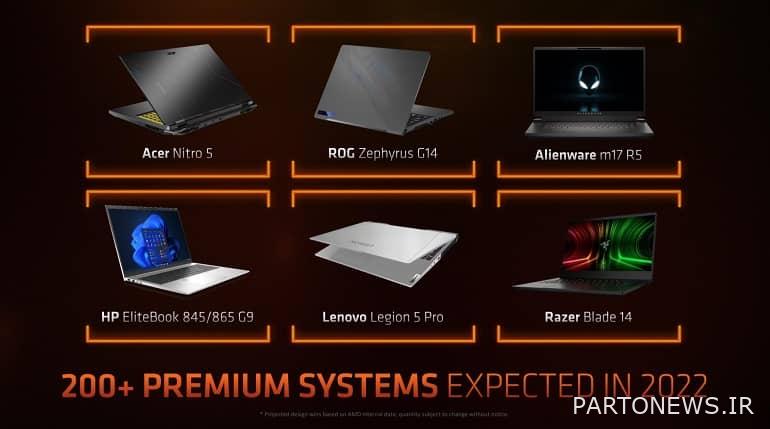Introduction to Microsoft Pluto Security Processor

The first computers with Microsoft’s Pluto security processor will hit the market in 2022, thanks to the AMD Ryzen 6000 laptop processors. If you’ve never heard of this technology, Pluto improves hardware security by separating sensitive data such as encryption keys in the CPU package.
The new security platform is a development that began with the Xbox console in 2013 as well as the Azure Sphere for connected devices. Microsoft introduced Pluto to PCs in late 2020, but it took until the production of processors in 2022 to bring Pluto to real devices. In addition to AMD, Qualcomm also offered Pluto support with its 3rd generation Snapdragon 8cx processor. Intel has also joined this security solution.
However, AMD and its computer partners are the first companies to offer real-life PCs with Pluto-based processors. Microsoft is not the only company that integrates specialized security into the processor. Apple also followed suit in late 2020 with the company’s T2 security chip in ARM-based M1 processors.
Why Pluto?
Pluto is based on the idea of a trusted platform module (TPM) chip – a security measure that almost prevents Windows 10 PCs from being upgraded to Windows 11. Attacking data stored on a PC also enables security features such as BitLocker disk encryption and better security for your biometric data used with Windows Hello.
TPM was a good start for security and, according to Microsoft, forced attackers to be more creative. The Baddies began looking for vulnerabilities in the TPM system, and they focused on one specific soft spot: the lines of communication between the TPM hardware chip (usually found on the motherboard) and the CPU. Pluto eliminates this weakness by eliminating the need for an “external” connection between the TPM and the CPU. Instead, Pluto and TPM-like performance is another component built into the processor itself. Microsoft says this makes it harder to extract sensitive information, even if attackers own the device.
From within the CPU package, Pluto can mimic a TPM using existing Microsoft specifications and application programming interfaces (APIs). This method is more integrated for Pluto integration because many of the hooks needed to work already exist. However, replacing TPM is the only way that a Pluto processor can be used. Microsoft says it can also be used as a security processor for system flexibility in scenarios that do not require TPM. Manufacturers, on the other hand, can send computers with Pluto off. This second option is not surprising given the flexibility of the Windows ecosystem, and if you are specifically looking for a Pluton-enabled computer, you should be aware of this.
What exactly does Pluto do?
With Pluto embedded in your processor, the system can better protect sensitive data such as encryption keys, credentials and user identity. It allows important information to be separated from the rest of the system with features such as hardware secure encryption technology (SHACK). SHACK’s idea is that secure keys are never placed outside of protected hardware, and that includes Pluto’s own firmware – low-level software that requires a component to function.
Microsoft also says that Pluto’s operating system, like many other components of your computer, is updated through Windows Update. This means that new features that Pluto can use in older devices, and any emerging threats, can be mitigated through regular security updates. This integration with the Windows Update system makes Pluto part of what Microsoft calls the Chip-to-Cloud security solution.
Where can Pluto be found first?
While Qualcomm was the first company to introduce a chip with Pluto support, AMD’s new laptop processors are the first to hit store shelves. AMD says it expects to see more than 200 laptops with Ryzen 6000 processors from major PC makers including Asus, Dell and HP in 2022. Other PC makers, such as Lenovo, also introduced laptops with Ryzen 6000 processors, such as the 16-inch Lenovo Legion 5, during CES 2022.

As for desktops, Microsoft says Pluto will get there. “Pluto CPUs will be available in the near future for desktops, 2-in-1 and other Windows 11 personal computing factors,” a company spokesman said. AMD plans to introduce Ryzen 7000 processors in the second half of 2022, but the company declined to comment on future plans when asked if these desktop processors have Pluton.
A more secure computing experience
Microsoft Pluto is not the most exciting plugin for Windows PCs, but it does promise security, and it should make it harder for hackers to extract sensitive data from your PC. Do not count on it being flawless, but it is another step towards greater security. Pluton is a welcome development as long as it does not stop us from running the software we want to use.

